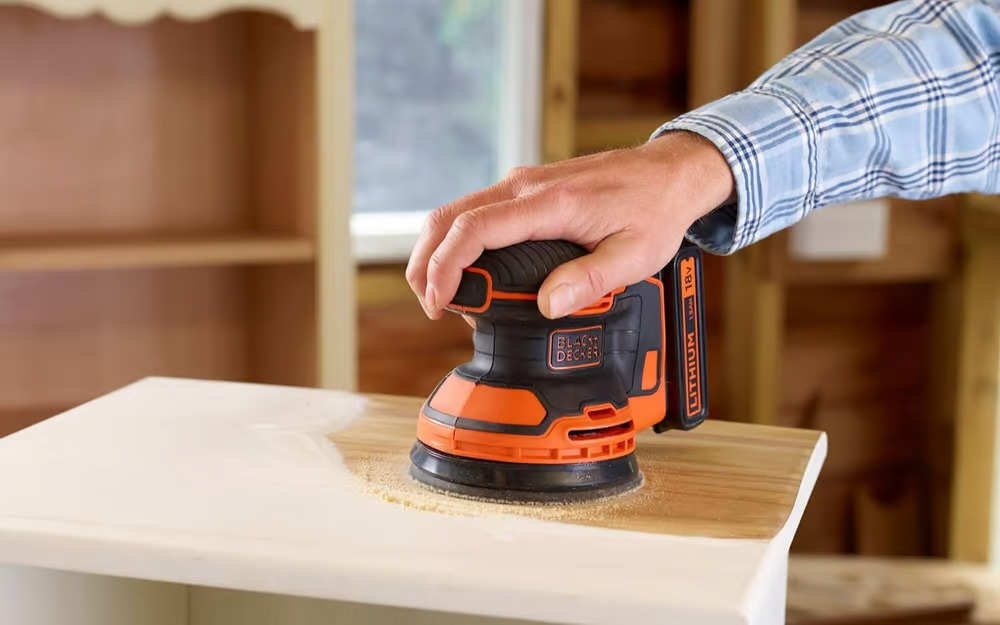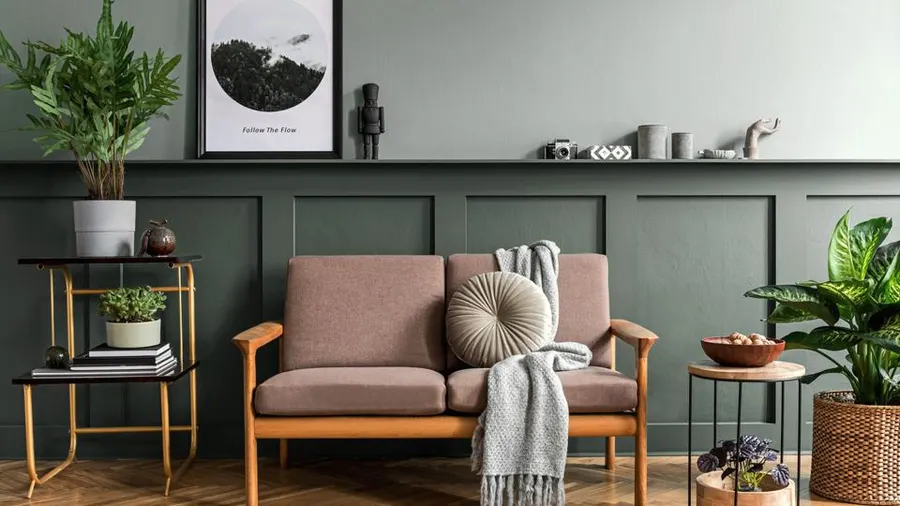Best Sander for Furniture: Top Picks & Buying Guide

Looking for the best sander for furniture refinishing or woodworking projects? Whether you’re a DIY enthusiast or a professional craftsman, choosing the right sander can make or break your furniture restoration. The best sander for furniture not only provides a smooth, flawless finish but also saves you hours of manual labor and ensures consistency in your results.
With a wide range of sanders available—each designed for different needs—it’s crucial to understand their differences before making a purchase. In this guide, we break down the top sanders for furniture, explore their features, and help you choose the perfect one based on your project size, budget, and expertise level.
Why You Need the Best Sander for Furniture Projects
Sanding is a critical step in preparing or restoring furniture. Whether you’re stripping old paint, smoothing raw wood, or prepping for stain, a quality sander delivers:
- Even surfaces for painting or finishing
- Faster sanding than manual methods
- Better control for detailed work
- Dust management for cleaner workspaces
Using the right sander reduces fatigue, improves finish quality, and increases overall productivity.
Types of Sanders Suitable for Furniture
Understanding the main types of sanders is essential for selecting the right tool. Here are the most commonly used sanders for furniture:
1. Orbital Sanders (Finishing Sanders)
- Best for light to moderate sanding
- Moves in circular or orbital patterns
- Ideal for final smoothing or sanding between coats
Best for: Flat surfaces, removing minor blemishes, prepping for paint or varnish
2. Random Orbital Sanders
- Combines circular and orbital motions
- Less swirl marks than standard orbital sanders
- Can handle both heavy-duty and fine finishing work
Best for: Versatility; works well on both rough and fine surfaces
3. Detail Sanders
- Small, triangle-shaped pad for tight spaces
- High-speed oscillation ideal for corners and intricate areas
Best for: Detailed sanding on chair legs, grooves, and decorative moldings
4. Belt Sanders
- Aggressive material removal with a looped sanding belt
- Ideal for large surfaces or removing thick finishes
Best for: Stripping paint from large, flat pieces like tabletops or cabinet doors
Top 7 Best Sanders for Furniture Refinishing
1. DeWalt Random Orbital Sander – Best Overall
Why it stands out: Strong motor, variable speed, ergonomic design, and dust-sealed switch make it a top choice for beginners and pros alike.
- Power: 3.0 AMP
- Speed: Variable (8,000–12,000 OPM)
- Dust collection: Hook & loop system
Ideal for: Versatile furniture projects, from light finishing to heavier sanding.
2. Bosch ROS20VSC Palm Sander – Best for Smooth Finish
Highlights: Soft microfilter dust canister, compact grip, and low vibration make it ideal for detailed furniture refinishing.
- Speed: Variable (7,500–12,000 OPM)
- Weight: Light and maneuverable
Ideal for: Fine finish sanding and prep work.
3. Makita BO5041 – Best Ergonomic Sander
Notable features: Two-handle design for increased control and rubberized grip for reduced fatigue.
- Adjustable front handle for tight areas
- Variable speed control
Ideal for: Prolonged use on intricate furniture pieces.
4. Black+Decker Mouse Detail Sander – Best for Tight Corners
Why it’s great: Compact and designed for maximum maneuverability, especially around curves and corners.
- Hook and loop paper change
- Comes with finger attachment for hard-to-reach spots
Ideal for: Chairs, spindles, and ornate furniture.
5. Porter-Cable Restorer – Best for Restoration Projects
Unique benefit: Drum-style sander that works on wood, metal, and even plastic. Strips rust, paint, and varnish with minimal damage.
Ideal for: Heavy-duty restoration and upcycling old furniture.
6. Craftsman Belt Sander – Best for Fast Material Removal
Key specs: High-speed motor with wide sanding belt; excellent for initial sanding or shaping rough wood.
- Front handle and flush sanding design
- Integrated dust bag
Ideal for: Large, flat surfaces like dining tables or dressers.
7. Ryobi One+ Cordless Sander – Best Budget Cordless Option
Why choose it: Affordable, portable, and powered by Ryobi’s 18V battery system.
- Cord-free convenience
- Compact and easy to store
Ideal for: Quick touch-ups and projects without access to power outlets.
How to Choose the Best Sander for Furniture
When selecting the right sander, consider the following factors:
Project Type
- Large furniture (e.g., tables, dressers): Belt or random orbital sander
- Delicate or intricate pieces: Detail or orbital sander
- Versatile work: Random orbital sander
Power Source
- Corded: Offers consistent power for longer jobs
- Cordless: Ideal for portability and light-duty tasks
Dust Collection
Good dust extraction systems keep your work area cleaner and reduce respiratory risks.
Ergonomics & Weight
Look for sanders with comfortable grips, lightweight design, and vibration control to reduce fatigue.
Speed Settings
Variable speed options allow greater control across different surfaces and materials.
Common Questions About Furniture Sanders
What is the best type of sander for furniture refinishing?
The random orbital sander is the most versatile option and ideal for most furniture refinishing projects due to its balance of power and control.
Can I use a belt sander on furniture?
Yes, but with caution. Belt sanders are best for large, flat surfaces. They are too aggressive for corners or delicate designs.
What grit sandpaper should I use for furniture?
- 80–120 grit: For removing old finishes
- 150–180 grit: For smoothing
- 220+ grit: For final finishing before painting or staining
Is sanding furniture by hand better than using a sander?
For small touch-ups or intricate detailing, hand sanding works well. For most other tasks, a powered sander is more efficient and delivers smoother results.
Tips for Sanding Furniture Like a Pro
- Always start with coarse grit and work up to fine grit.
- Sand in the direction of the wood grain.
- Clean the surface thoroughly between grit changes.
- Don’t press too hard—let the sander do the work.
- Use a tack cloth to remove fine dust before finishing.
Conclusion
Finding the best sander for furniture depends on your project scope, budget, and comfort level with power tools. Whether you’re restoring an heirloom dresser or creating a DIY coffee table, the right sander will make your work cleaner, faster, and more precise.
From all-around champions like the DeWalt Random Orbital Sander to budget-friendly options like the Ryobi cordless model, there’s a tool out there to meet your needs. Ready to upgrade your furniture refinishing game? Choose the perfect sander and start creating masterpieces.




